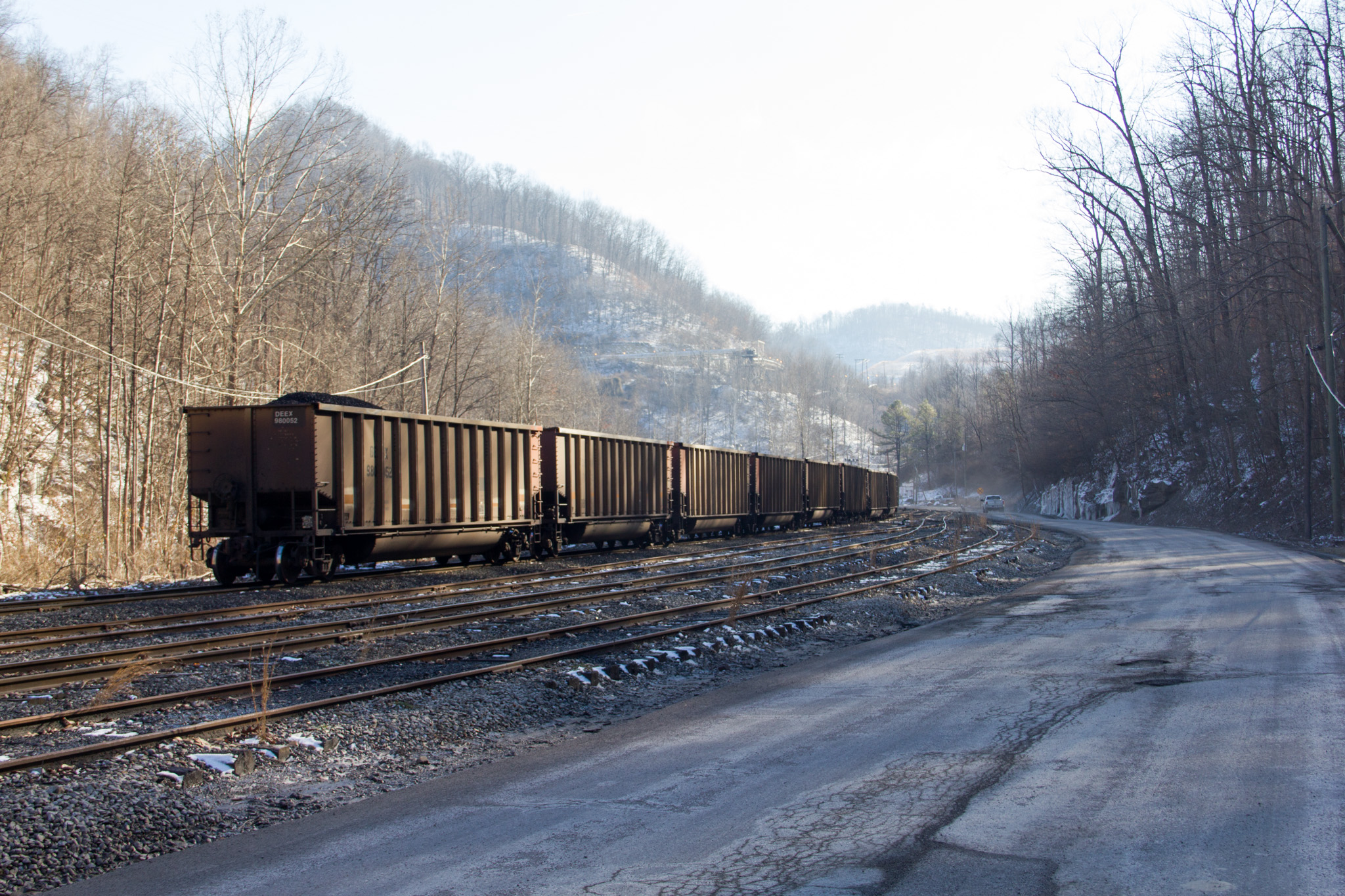After the chemical spill in the Elk River, fingers were pointed at the companies responsible for the spill and the government’s loose regulations. Many saw it as an oversight, both by the company and the government, by not checking the systems more thoroughly. However, Maria Gunnoe, a Boone County resident, insisted “This happens all the time. The coal companies are using stuff here that would absolutely eat the skin off of your body… This time, it ended up in the water supply, and the world knows about it now. But it happens all the time.”
If this does happen frequently, why are we just now noticing? Valentine and Atkin suggest that it is because of the poverty. A few facts: 17.8 percent of West Virginia lives in poverty. In 2011, the state was ranked 49th out of 50th terms of median household income. In this, the coal mining industry makes 88,000 jobs and the chemical industry makes 12,000. For many families whose lives depend on the coal industry, strict regulations threaten their livelihoods. But then, without strict regulations, spills become more regular, creating a vicious cycle of poverty and health dangers.

The poorest of West Virginia live in rural counties, where many of the coal mining-associated jobs are. Six of the nine counties affected by the chemical spill were “rural.” Laura Merner believes that this connection between poverty and mining is the problem, ““[Poverty] goes hand-in-hand with the fact that it’s the coal industry that’s polluting.” As a groundwater tester for Alliance for Appalachia, Merner has been testing groundwater in communities that depend on coal mining in the region. She asserts that one in five streams she tests have been contaminated. For some of the very impoverished, contamination has become so widely accepted that some were not taking the threats after the large spill in January seriously.
The problem is that the government is slow to make change because of the reliance of the West Virginia economy on the coal industry. This further emphasizes the vicious cycle that the state is in. In order to make change, the state needs to promote another form of industry to reduce poverty and reduce reliance on coal.
Image: http://thinkprogress.org/climate/2014/01/22/3176161/west-virginia-poverty-pollution/
Featured image: http://www.flickr.com/photos/36622022@N02/12469164065/in/photolist-jZRJ4k-jZUbCs-jZRCic-jZSxgz-jZUezQ-jZUcMS-jZSsN6-jZU9cA-jZUdD1-jZSu1M-jZRE6F-jZSwDT-jZU8RL-jZUfTw-jZSrWr-jZSvUg-jZSt4B-jZRJEv-jZRAec-jZRF6g-8TqtmF-faFxcK-8D5HBH-8D5HwX-8D8Q7j-8D8Q7L-8D5xTi-8D6boF-jZSxVk-8D8EmJ-8bTyE2-8bUhy2-8bXPjf-8bXCMs-8bXwT9-8bU4Tn-8bXbSb-8bUiDF-8bXYYo-8bTvNc-8bWWNQ-8bXN7q-8bUdnM-8bUmWt-8bY3iL-8bTuta-8bTEKz-8bUzaH-8bTBgz-8bUQBa-8bUg66

